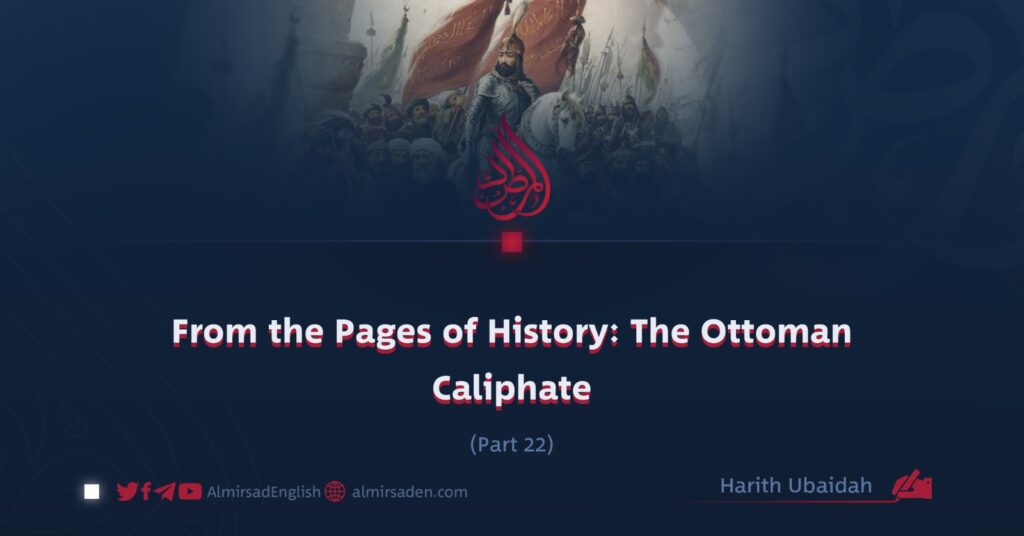Part 22
Harith Ubaidah
Badr al-Din was born during the reign of Sultan Ghazi Hüdavendigâr (Murad I). In his early years, he learned arithmetic and practical knowledge from his father, memorized the Holy Qur’an, and studied foundational Islamic books under the renowned scholar Mawlana Shahidi.
He later read several books on Arabic morphology and syntax (ṣarf and naḥw) under Mawlana Yusuf. Seeking further knowledge, he traveled to Egypt, where he studied logic and rational sciences at the madrasa of Sayyid Sharif al-Jurjani and Mawlana Mubarak Shah al-Mantiqi in Cairo. He then performed Hajj with Mubarak Shah and became a disciple (murid) of Sheikh Zayla’i in the holy city of Makkah. Upon returning, he once again went to Cairo, where, in the presence of Sayyid al-Jurjani, he benefited from the teachings of Sheikh Akmal al-Din Bayburi.
Sheikh Akmal was also the teacher of the Mamluk Sultan of Egypt, Faraj ibn Barquq. After completing his formal education, Badr al-Din developed an interest in Sufism. He approached the leading spiritual figure of the time, Sheikh Sa’id Akhlati, and pledged spiritual allegiance (bay’ah) to him. Sheikh Akhlati later sent him to Tabriz to teach people the remembrance of Allah (dhikr) and to train them in spiritual discipline.
It is reported that when Timur (Tamerlane) arrived in Tabriz, he honored Badr al-Din with great respect and gifted him generous wealth. However, Badr al-Din declined the wealth and departed, first to Bitlis and then toward Egypt. Afterward, he passed through Aleppo and Konya, eventually reaching western Anatolia. There, he received an invitation from the ruler of the island of Sakız (modern-day Chios), a Christian by faith.
Responding to the invitation, Badr al-Din traveled to Sakız, where the Christian emir embraced Islam at his hands. Later, when Musa bin Sultan rose to power and assumed the title of Ghazi, he appointed Badr al-Din as a judge. However, Musa was eventually killed by his brother Muhammad. As a result, Badr al-Din and his family were imprisoned and transferred to the city of Iznik (Nicaea), located in present-day Turkey.
While in Iznik, Badr al-Din began promoting his corrupt and deviant ideology. He preached radical egalitarianism, claiming that all people, regardless of faith, should be equal in wealth and status. He rejected distinctions between the beliefs of Muslims and non-Muslims, often asserting, “All human beings are equal, regardless of religion or ideology.”
This call mirrored the doctrines promoted by Jewish Freemasonry. The misguided idea of religious unity found acceptance among the ignorant, the uneducated, and those swayed by worldly desires. As a result, Badr al-Din’s movement gained momentum, and the number of his propagators increased. Among his most prominent followers was a man named Pir Qilija Mustafa. Another well-known figure was Torlak Kemal, who was of Jewish ancestry and gained considerable influence.
From the time of the Prophet Muhammad (PBUH) until today, Jews have continuously sought to undermine the Muslim community. In any case, this false ideology of “religious unity” spread widely and attracted many adherents. Eventually, news of this heretical movement reached Muhammad Chelebi, later Sultan Mehmed I, who responded by dispatching a large army to confront Badr al-Din.
Unfortunately, the army’s commander, Sismān, was killed in battle by Pir Qilija, and the army suffered defeat.
The Sultan then sent another army under the leadership of his chief vizier, Bayezid Pasha. This time, Pir Qilija Mustafa was decisively defeated at Karaburun, and the prescribed punishment for rebellion was duly carried out.
